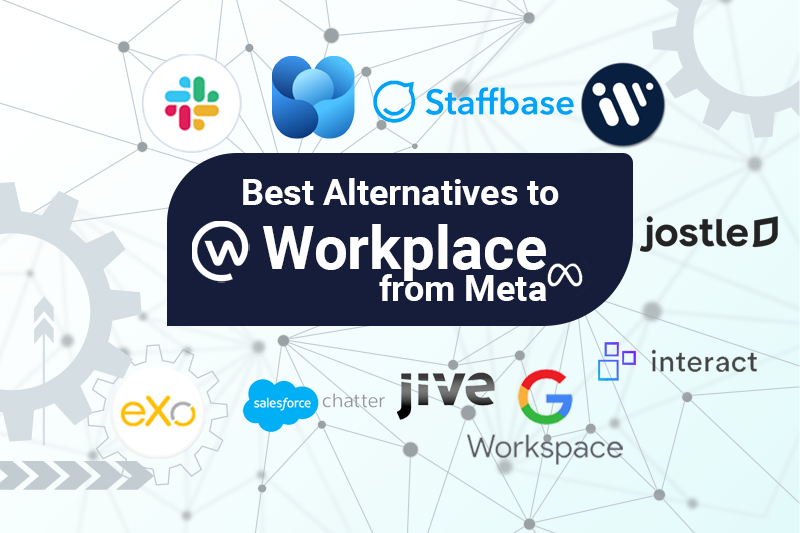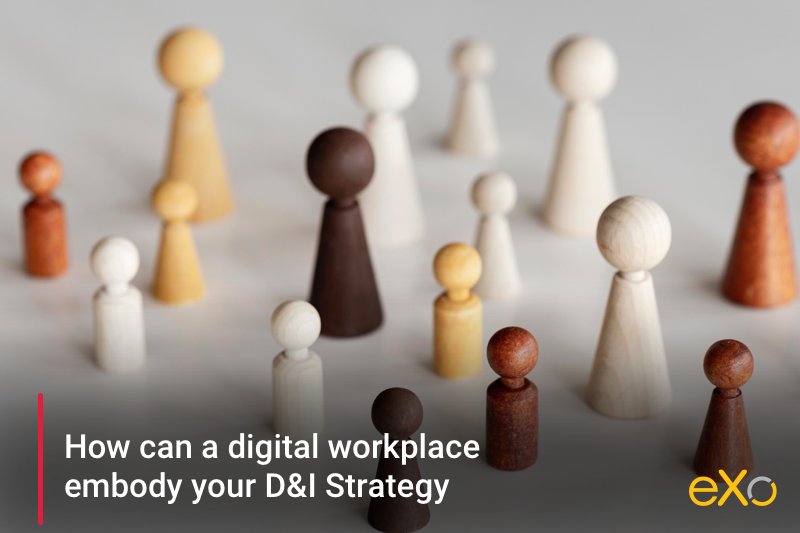- Fares Laroui
- May 7, 2020
Debunking common myths and misconceptions about blockchain

Content
1. Blockchain and cryptocurrencies are basically the same thing
2. Blockchains can only be public
- Public: Transactions are visible to everyone and there are no restrictions on who can participate in the consensus process.
- Consortium: As the name implies, consortium blockchains are managed by a group of members utilizing pre-defined nodes with access permissions, such as writing, reading blocks and performing transactions
- Private: A private blockchain is one used within an organization. Permissions are centralized and restricted to selected members.
- Hybrid: This is a combination of public and private blockchains. This type of blockchain offers flexibility and control since members can decide which data to keep private or to share publicly.
3. Blockchain is a database
Since blockchain is relatively new and complex, there has always been a tendency to compare it with already available technologies, like databases. Sure, a blockchain can be considered as a form of database, but a database is definitely not a blockchain. Both technologies are used to store data, but they do this in different ways and following two distinct principles. If you’re looking to harness the unique features of blockchain technology, you might consider taking the route to develop a dapp (decentralized application) that operates on a blockchain network.
4. Governments Won’t Ever Accept Blockchain Technology
For instance, countries like Switzerland, Malta, and Singapore have implemented progressive regulations to foster innovation and attract blockchain-based businesses. Additionally, significant economies such as the United States, Japan, and the European Union have introduced regulatory frameworks to address issues like investor protection, anti-money laundering, and market stability. Even certain countries have taken the first steps towards inducting crypto in the financial sector. Cryptocurrency investors can explore additional options like crypto off ramp to facilitate seamless digital asset transactions. For example, India recently announced a crypto tax in India and G20 countries are also looking into ways to regulate cryptocurrency.
5. Blockchain use cases are only targeting the financial industry
Additionally, human resources is another field that has been significantly impacted by blockchain. Start-ups like Etch, ChronoBank and others cover the whole scope of HR operations, from recruitment software to payroll management, by allowing companies to automate recruitment and payroll and to pay employees in a fast and secure way, all by taking advantage of the power of blockchain.
discover all the features and benefits
- Tags: workplace
Related posts
- All
- eXo
- Digital workplace
- Employee engagement
- Open source
- Future of work
- Internal communication
- Collaboration
- News
- intranet
- workplace
- Knowledge management
- Employee experience
- Employee productivity
- onboarding
- Employee recognition
- Change management
- Cartoon
- Digital transformation
- Infographic
- Remote work
- Industry trends
- Product News
- Thought leadership
- Tips & Tricks
- Tutorial
- Uncategorized
Leave a Reply
( Your e-mail address will not be published)


